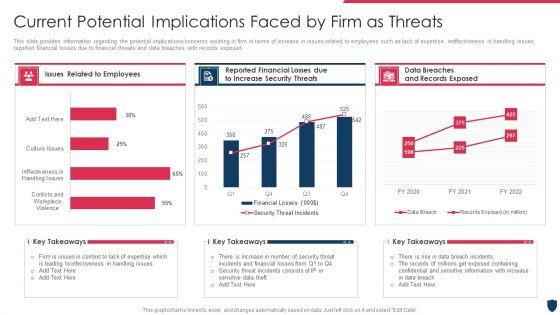In a world where technology continues to advance at a rapid pace, one particular innovation has captured the imagination of both consumers and industry experts alike – autonomous vehicles. These self-driving cars have the potential to revolutionize the way we think about transportation, with implications that extend far beyond just getting from point A to point B. As we look towards the future of autonomous vehicles, it is important to consider the myriad of ways in which they may shape our society, economy, and daily lives. From increased safety on the roads to transforming urban infrastructure, the implications of this disruptive technology are boundless. Join us on a journey into the future of autonomous vehicles and explore the possibilities that lie ahead.
The Advancements in Autonomous Vehicle Technology
With advancements in autonomous vehicle technology, we are witnessing a revolution in the automotive industry. These self-driving vehicles have the potential to transform transportation as we know it. From improved safety features to increased efficiency on the roads, the future of autonomous vehicles is promising.
One of the key implications of this technology is the potential to reduce accidents caused by human error. With autonomous vehicles equipped with sensors and artificial intelligence, they can react to the traffic environment faster and more accurately than human drivers. Additionally, the convenience of self-driving cars will change how we commute, work, and travel. Imagine being able to relax or work during your daily commute, rather than being stuck in traffic stress. The future of autonomous vehicles is not just about innovation, but also about reimagining our transportation system for a safer and more efficient future.

Challenges and Concerns Facing Autonomous Vehicles
One of the main challenges facing autonomous vehicles is the issue of safety. While these vehicles are designed to be safer than traditional human-driven cars, they still face many obstacles when it comes to navigating unpredictable road conditions, dealing with other drivers, and avoiding accidents. This has raised concerns among regulators, manufacturers, and the general public about whether autonomous vehicles can truly be trusted to operate safely on our roads.
Another major concern surrounding autonomous vehicles is the issue of cybersecurity. As more and more vehicles become connected to the internet and rely on complex software systems to operate, they become vulnerable to hacking and other cyber attacks. This raises serious questions about the security and privacy of the data collected by these vehicles, as well as the potential for malicious actors to take control of them and cause harm. Addressing these cybersecurity concerns will be crucial in ensuring the widespread adoption of autonomous vehicles in the future.

Potential Implications of Autonomous Vehicles on Society
Autonomous vehicles have the potential to revolutionize the way we travel and interact with transportation systems. One of the most significant implications of this advancement is the potential to greatly reduce traffic accidents caused by human error. With self-driving cars equipped with advanced sensors and algorithms, the likelihood of accidents due to distracted driving, speeding, or impaired driving could be greatly minimized. This could lead to safer roads and fewer lives lost to traffic accidents each year.
Furthermore, the rise of autonomous vehicles could also have a profound impact on urban infrastructure and city planning. With the ability of self-driving cars to communicate with each other and optimize traffic flow, cities could see a decrease in congestion and more efficient transportation systems. This could lead to reduced emissions and a more sustainable approach to transportation. Additionally, the shift towards autonomous vehicles could also challenge traditional notions of car ownership, with the potential for shared self-driving fleets to replace individual car ownership, leading to a more cost-effective and environmentally friendly transportation solution.

Recommendations for the Integration of Autonomous Vehicles
As we look towards the future of transportation, the integration of autonomous vehicles is becoming more and more prevalent. In order to successfully navigate this transition, it is essential to consider a number of key recommendations. First and foremost, there needs to be a strong focus on safety measures to ensure the well-being of both passengers and pedestrians. This includes implementing advanced sensor technologies, rigorous testing protocols, and continuous monitoring of vehicle performance.
Additionally, it is crucial to address the ethical implications of autonomous vehicles. This includes establishing clear guidelines for decision-making algorithms in scenarios where accidents are unavoidable, as well as ensuring transparency in how data is collected and utilized. Finally, there needs to be a concerted effort towards infrastructure development to support the widespread adoption of autonomous vehicles. This includes investing in smart traffic management systems, dedicated lanes for autonomous vehicles, and seamless integration with public transportation options.
Final Thoughts
As we look ahead to the future of autonomous vehicles and their implications, it is clear that we are on the cusp of a transportation revolution. The possibilities are endless, from increased safety and efficiency on the roads to new opportunities for urban planning and sustainability. While challenges and questions still remain, one thing is certain: the future of autonomous vehicles holds great promise. It is up to us to navigate this new terrain with caution, curiosity, and a commitment to creating a future that benefits all. So buckle up, the ride ahead is sure to be a thrilling one.

